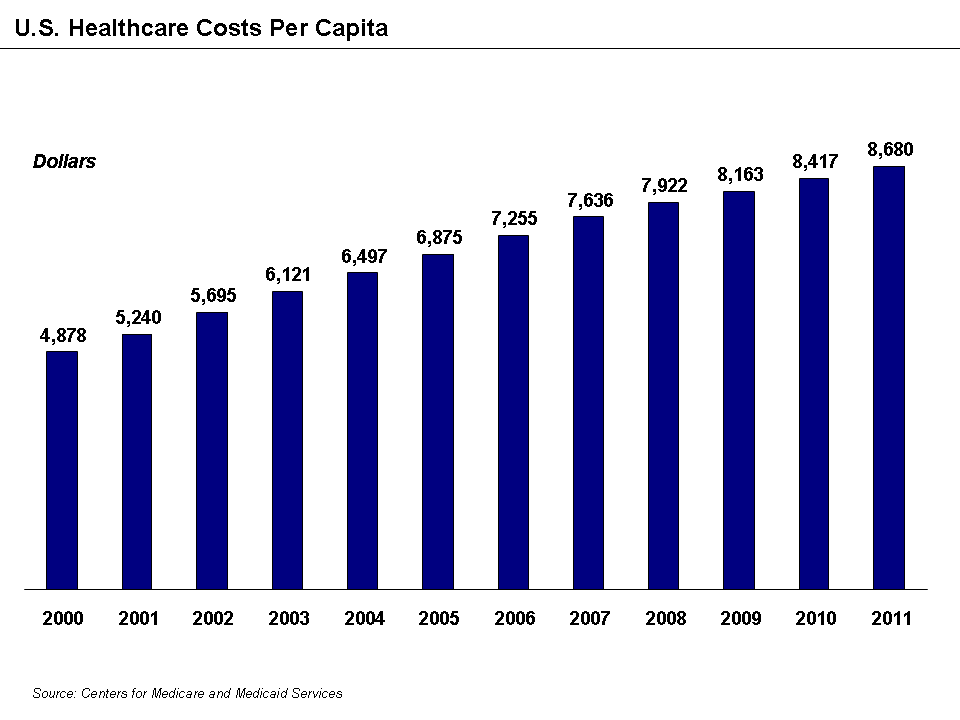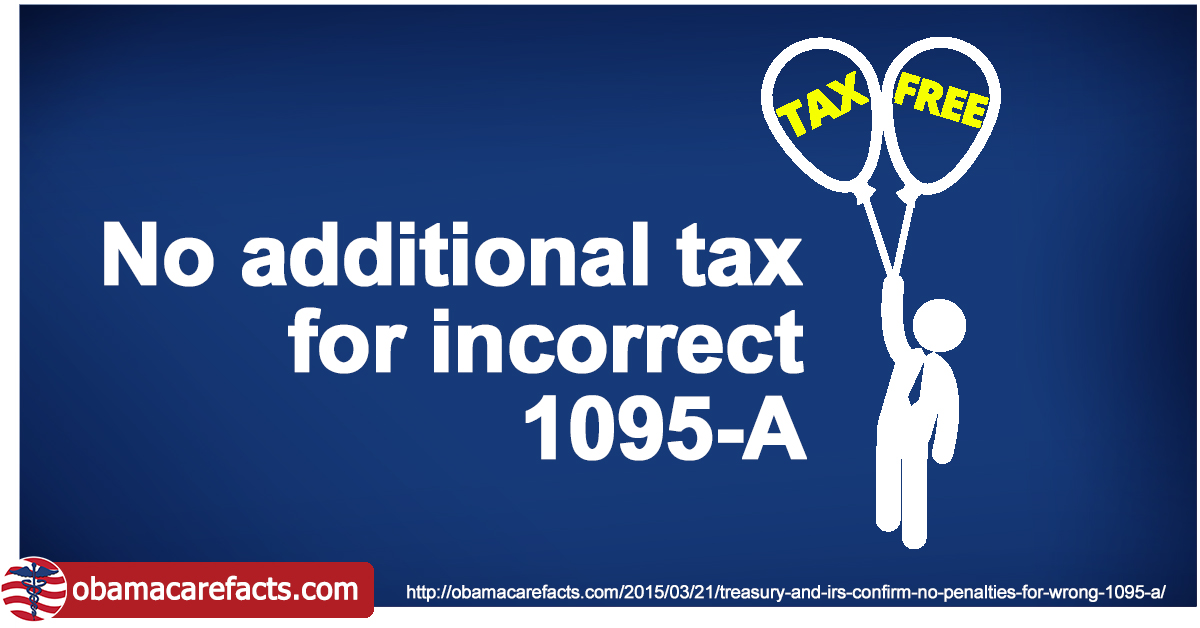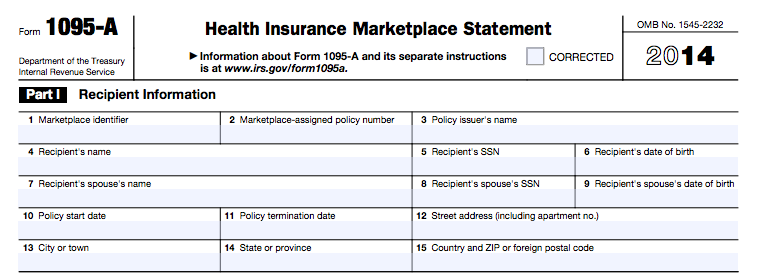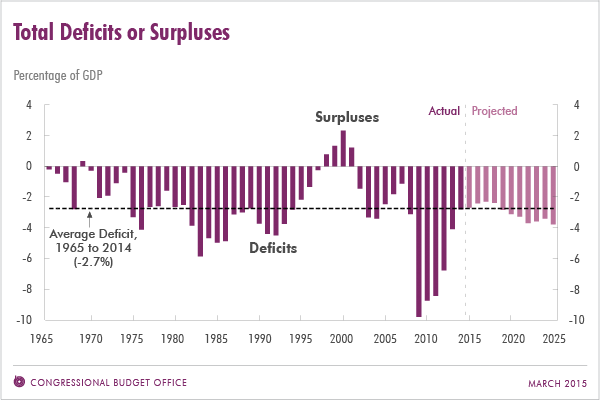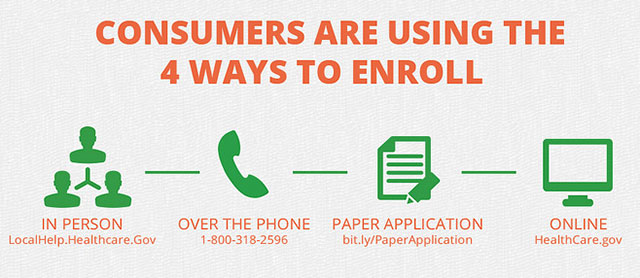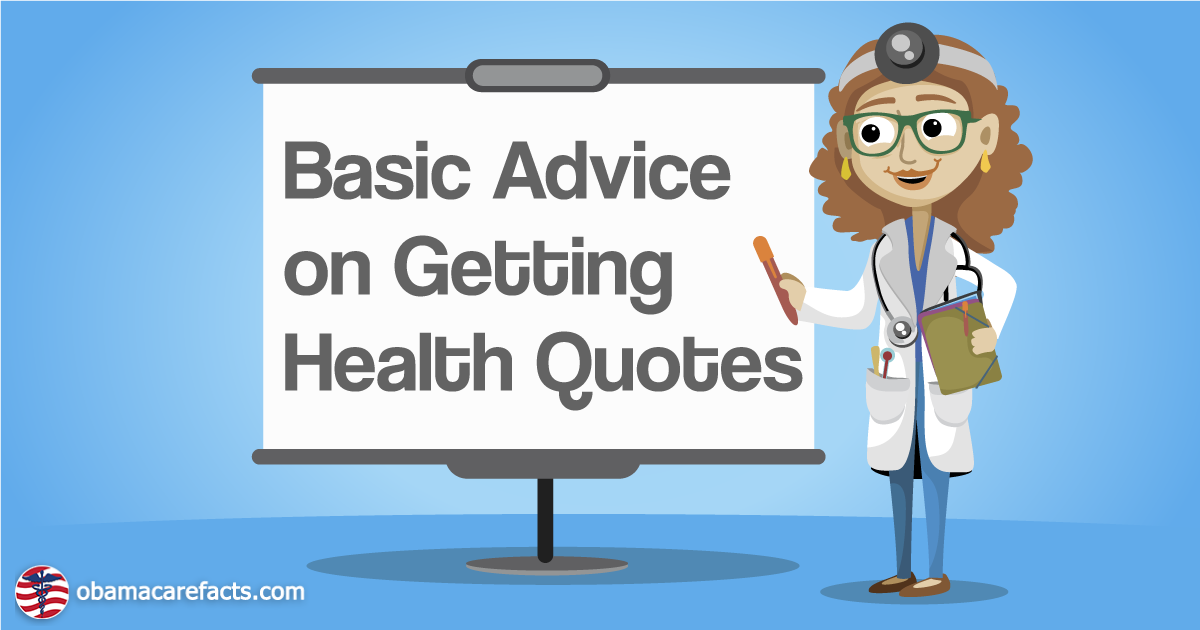ObamaCare Risk Corridors







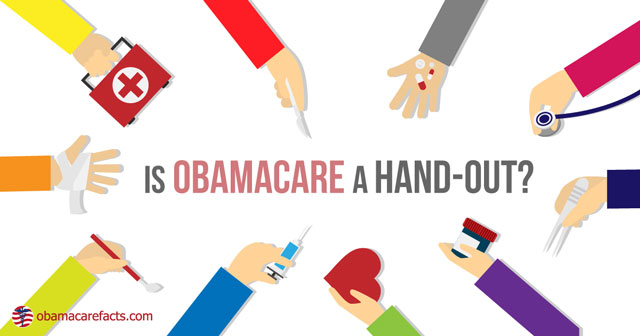
ObamaCare created “risk corridors” to spread the risk of taking on the uninsured between insurers and taxpayers. The profitable insurers pay in each year, the unprofitable one’s take money out, the government puts a little money in the pot, and everyone except the GOP is happy. Essentially risk corridors work like this: Risk corridors keep the price of… Read More

